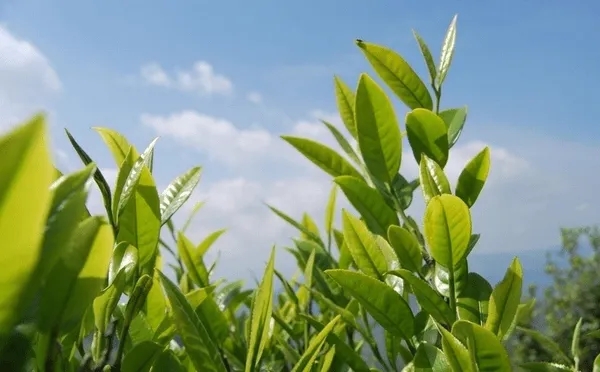
2-Ketoglutaric acid, particularly its isomer α-ketoglutaric acid, aids plants in resisting adverse environmental conditions such as drought and salinity. It possesses significant antioxidant properties, effectively scavenging reactive oxygen species (ROS) within plant cells, such as superoxide anions and hydrogen peroxide. These radicals, which are overproduced under stress conditions (like drought, high temperature, low temperature, and salinity), can damage plant cell membranes and induce oxidative stress. The antioxidant properties of 2-ketoglutaric acid help reduce this damage and protect the integrity of cellular structures.
Under stress conditions, 2-ketoglutaric acid assists plants in regulating osmotic pressure balance. By accumulating within cells, it helps maintain water balance, thereby reducing cell damage caused by water deficiency or high salinity. This is particularly important for plant survival under drought and salt stress conditions.
2-Ketoglutaric acid is not only a crucial precursor for amino acid synthesis, promoting the synthesis of amino acids and proteins, but also under stress conditions, these proteins help plants maintain normal metabolic activities and enhance their adaptability to stress. Additionally, it promotes the synthesis of plant secondary metabolites, which play a vital role in plant resistance to diseases and stress. For example, it can stimulate the synthesis of phenolic compounds, flavonoids, and other antioxidant substances, thereby enhancing plant resistance.
Studies have found that wheat treated with 2-ketoglutaric acid exhibits higher drought resistance under drought stress. Under severe stress conditions, after a period of treatment with a certain concentration, the dry weight of wheat significantly increases, even surpassing that of the control group under normal water conditions. This indicates that 2-ketoglutaric acid can effectively alleviate the inhibitory effect of drought on wheat growth.
Research shows that the PnODD1 gene in Antarctic moss (Pohlia nutans) is closely related to the synthesis of flavonoids, which are important secondary metabolites in plants and participate in plant responses to stress. Under stress conditions such as intense UV radiation, Antarctic moss upregulates the expression of the PnODD1 gene to synthesize more flavonoids for stress resistance. Although this is research on a 2-ketoglutarate-dependent dioxygenase gene, it indirectly demonstrates the important role of 2-ketoglutaric acid (or its isomer) in plant stress resistance.
Through various mechanisms such as scavenging reactive oxygen species, regulating osmotic pressure balance, promoting amino acid and protein synthesis, and promoting the synthesis of secondary metabolites, 2-ketoglutaric acid, particularly its isomer 2-ketoglutaric acid, significantly enhances plant stress resistance, helping plants withstand adverse environmental conditions such as drought and salinity.